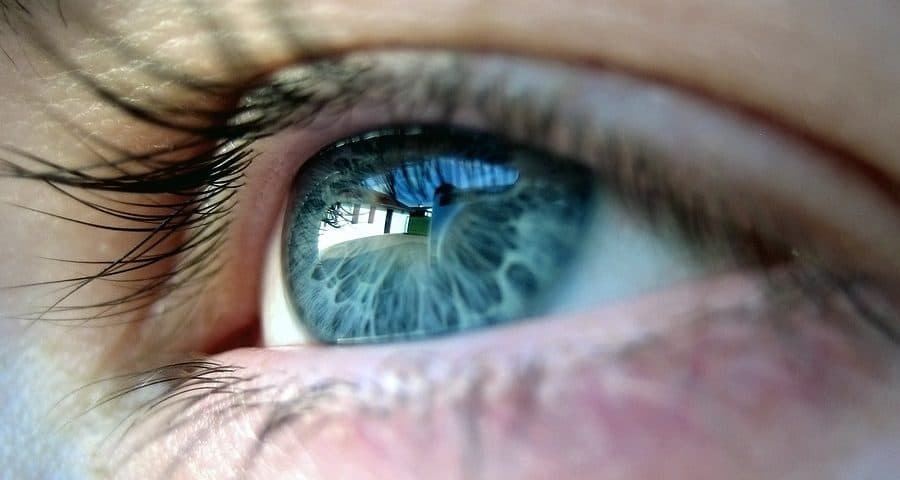Posted by: Albany Cornea | Center For Eye Care Excellence in Uncategorized

In the United States, over 100 million people are diabetic or prediabetic. While we often consider diabetes to be an issue that leads to heart and kidney diseases, it can also have a devastating effect on vision and eye health when left unchecked. Spreading awareness during Diabetic Eye Disease Month is especially important since an estimated 1 in 3 patients with diabetes will develop the most common diabetic eye disease: diabetic retinopathy. For millions of Americans, this vision-threatening condition is a bitter reality, but one whose damage can be mitigated with proper education, detection, and treatment.
What is Diabetic Retinopathy?
Diabetes creates risks for several conditions and complications, one of which is diabetic retinopathy, a disease that causes blood vessels in the retina to change by leaking, swelling, or proliferating. Though this eye disease in later stages can lead to vision loss, with proper monitoring and care, many symptoms are manageable. Therefore, it is of the utmost importance to know the risk factors for diabetic retinopathy and to receive regular testing so that you can treat it before it becomes too advanced.
Diabetic retinopathy can affect people with any kind of diabetes—type 1, type 2, and gestational. Most people do not notice any symptoms until vision loss occurs in later stages, so it is integral for patients with diabetes to regularly be screened by an eye doctor to prevent development or worsening of the disease. Patients with these risk factors should be especially diligent with annual eye examinations:
• Living with diabetes for a long time• Experiencing chronically high blood sugar• Not managing diabetes through proper diet and exercise• Pregnancy with diabetes• High blood pressure• Kidney disease
Diabetic retinopathy often occurs along with another condition called diabetic macular edema (DME). DME affects about half of the population with diabetic retinopathy and is the leading cause of vision loss among diabetic eye diseases. DME occurs as fluid from damaged blood vessels builds up in the macula, causing blurriness, floaters, or double vision. DME, like diabetic retinopathy, is treatable, and vision loss can often be prevented or delayed by managing diabetes. Some treatments for DME and diabetic retinopathy include anti-VEGF injections, as well as laser surgery that can decrease the proliferation of blood vessels and reduce leaking.
If you are concerned about developing or worsening diabetic eye disease, call us today at (518) 475-1515 to schedule an appointment. Our team at Center For Eye Care Excellence is dedicated to helping you maintain healthy eyes and vision through regular visits and effective treatment.

